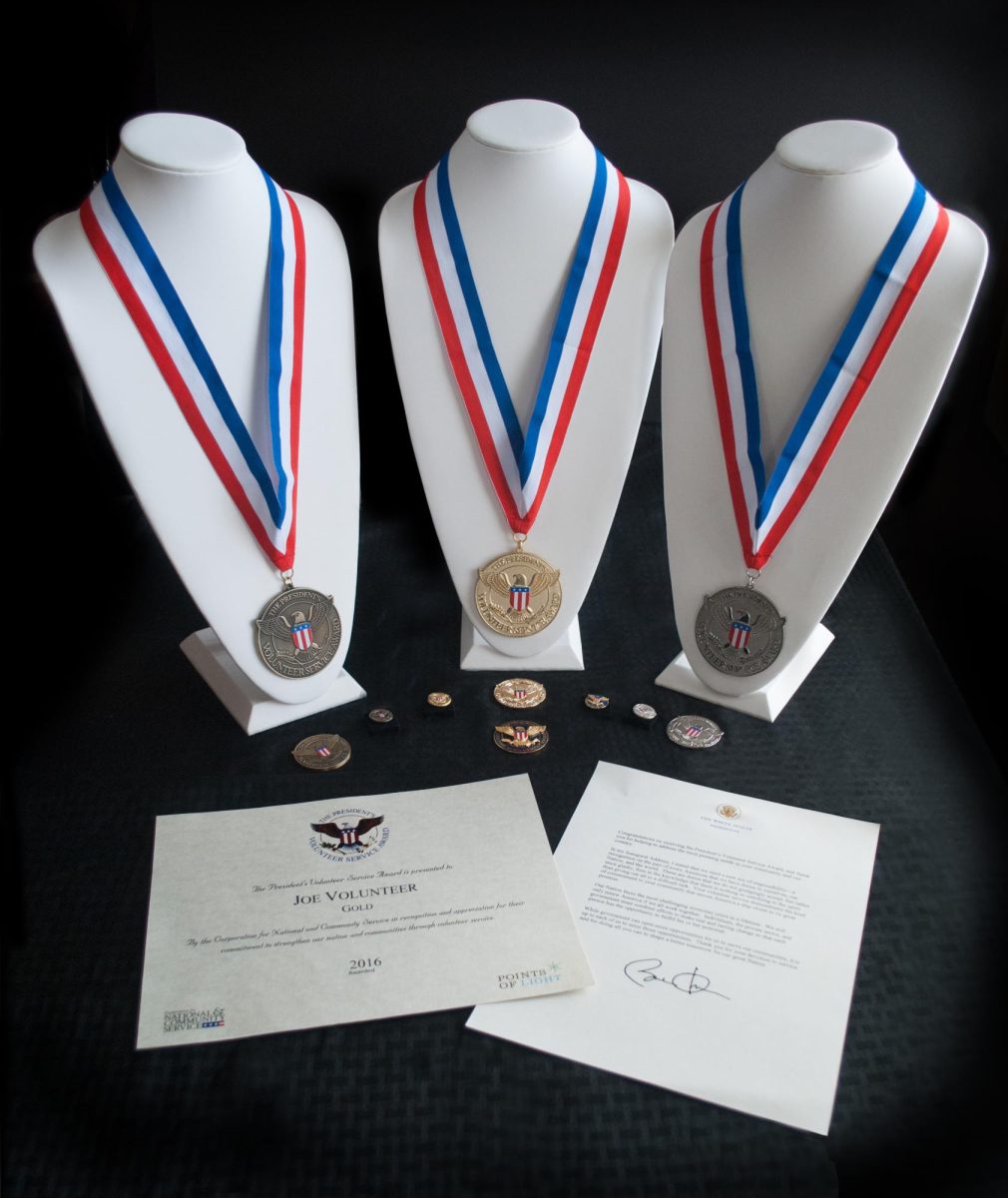This year, English departments across the country are changing their approach to essay writing due to newly introduced factors like artificial intelligence. For students here, the shift in the curriculum has led to an increase in in-class essays. This transformation, led by English Department Chair Michael Morris, aims to not only mitigate the use of AI writing but also better prepare students for their final exams.
“For many years now, we’ve been trying to focus on in-class writing partly because we know the final exams at the end of the year and AP examinations are done in class,” Morris said. “So, the push to do a lot of in-class writing has been around for as long as I’ve been here, and this is my 10th year.”
With the advent of Chat-GPT and other AI software last year, there was additional justification for the use of in-class essays.
“We realized that if we really wanted to be sure we were seeing what students could write on their own, the best strategy would be to have the writing in class,” Morris said.
Although the change drastically decreases the chance that a student could use AI or plagiarize an essay, the shift also comes with some possible downsides, such as the increased stress associated with timed writings. Nonetheless, the benefits of in-class writings outweigh these negatives and help shape students into better writers.
“I think the benefit is students obtain feedback on their own writing,” Morris said. “It’s a student’s own writing because they sat there at the Harkness table and wrote it. Another advantage is that students avoid the longer-term burden of a paper outside of class.”
However, some students may be better prepared for these types of assessments than others. The limited amount of time proves challenging for some students, but changes have been made to help bridge the gap between students who are disadvantaged by this.
“Some teachers give prompts in advance to allow students more time to think about the essay, some teachers allow students to bring a card with notes, and I allow students to bring in their annotated books with their class notes,” Morris said.
English 10 Instructor Dr. GayMarie Vaughan uses these types of essays frequently as she believes that they help prepare students quickly craft coherent arguments in the real world.
“We don’t want students to outsource their thinking,” Vaughan said. “Doing essays in class is the best way to ensure teachers know that it’s a student’s own work at that specific moment.”
Even with the many benefits of in-class essays, teachers are forced to deal with their downsides like the loss of class time to account for the essays.
“There needs to be a day to allow for outlines, thesis statements and evidence,” Vaughan said. “The day that students write the essay is another day lost, and if I allow students to type it up, that’s a third day, which is a huge portion of time. However, I was talking to department chair [Michael Morris] earlier and I think all teachers agree that this is something we have to do because of AI.”
For students, possibly the biggest challenge of in-class essays is the time aspect. Opposed to a take-home essay where students have ample time to focus on proper grammar and forming a more cohesive paper, in-class essays make it more difficult for students to finish in the allotted time.
“In-class essays definitely stress me out more,” sophomore Alex Hochman said. “It’s more of a test than a leisurely assignment where I’m able to express my creativity. I feel that when I’m in class, I’m a lot more rushed, and it doesn’t produce as good of an essay overall. But I understand that it’s harder to check if essays outside of class are plagiarized or completed by some AI.”
In-class essays provide students with immediate feedback and real-world writing preparation to better mold their writing skills while upholding academic standards. In the evolving educational landscape, the English department’s curriculum shift demonstrates its dedication to providing a fair, modern, and effective learning experience for all students, ultimately shaping them into more proficient writers.








